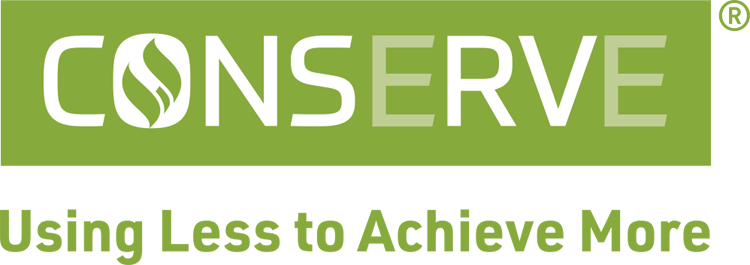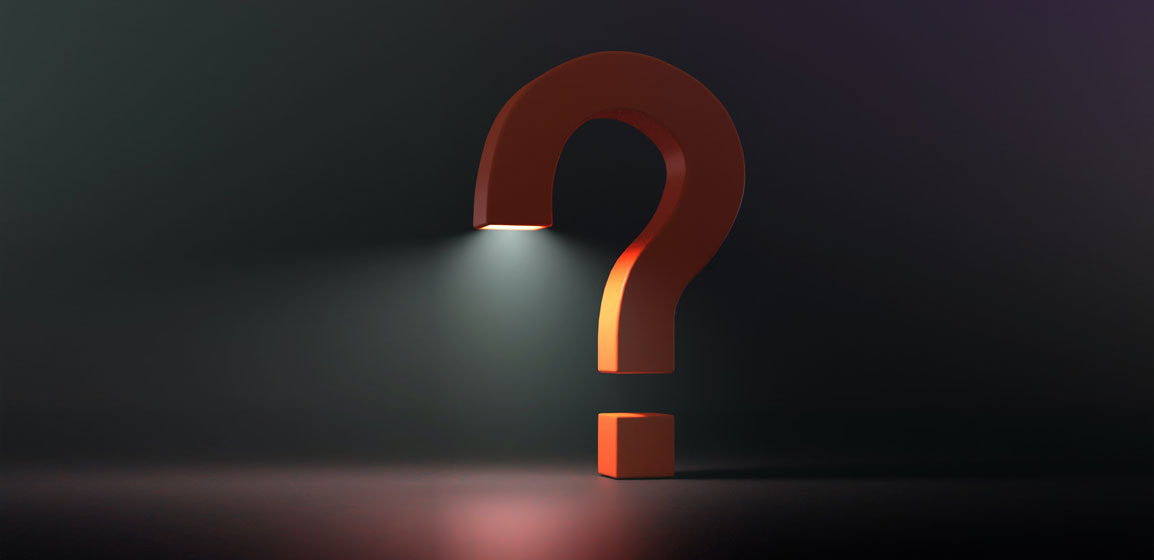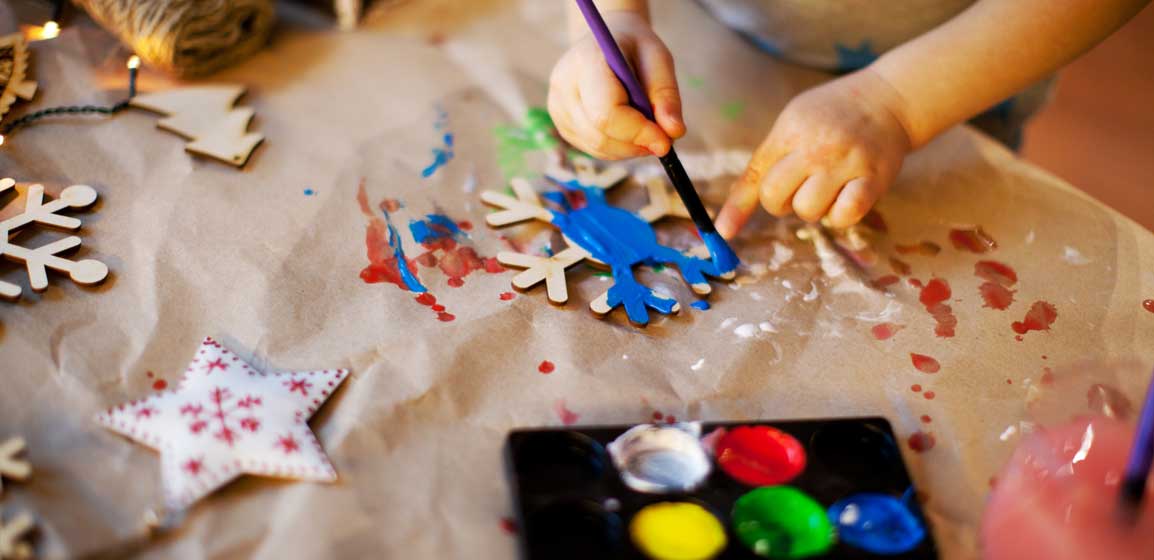True or False? EE Quiz
Energy Efficiency (EE) is a free and easy way to reduce your energy usage and lower your energy bills. Conserve is committed to sharing simple ways for you to learn more and practice EE for the benefit of your home and family.
Want to test your EE knowledge? Answer the six true-or-false questions below. It’s a way to have a little fun and perhaps learn something new – as well as save energy!
A “smart” thermostat can lower energy bills, in addition to automating a home’s heating and cooling.
True. Smart thermostats are not just convenient and easy to use – they can also lower your energy costs. In research conducted by the Google Nest Learning Thermostat team, users of the device saved an average of 10% to 12% on heating and 15% on cooling. Based on typical energy costs, that’s an estimated average savings of $131 to $145 per year.
Opening the oven door when cooking doesn’t waste that much energy.
False. Opening the oven door can cause a 25-degree drop in temperature, according to Energy.gov. Releasing heat forces the oven to work harder to return to the set temperature. Avoid wasting energy by using the oven door window to check on foods instead.
Glass and ceramic baking dishes retain heat better than metal bakeware.
True. In fact, when using glass and ceramic baking dishes, you can reduce the oven temperature by 25°F and save energy. (Note: it’s always a good idea to follow a recipe’s instructions for the type of recommended cookware to use.)
Hand-washing dishes uses less water than a dishwasher.
False. Washing dishes in the sink can use up to 27 gallons of water per load, says the Natural Resources Defense Council. Compare that to an ENERGY STAR-rated dishwasher, which can use as little as 3 gallons per load. To save even more water, don’t rinse dishes before loading them into a dishwasher – just scrape off the food scraps.
A leaking faucet can waste up to 3,000 gallons of water annually.
True. According to the Environmental Protection Agency, a leaky faucet that drips at the rate of one drip per second can waste more than 3,000 gallons of water per year. That's the amount needed to take more than 180 showers! Repair leaky faucets immediately, to avoid wasting both water and money on your utility bills.
When plugged in and turned off, electronics and personal devices do not use energy.
False. When TVs, computers, phones and other equipment are turned off but plugged in, they still use energy. These devices cost U.S. households an average of $100 per year, says Energy.gov. Avoid this type of energy-guzzling – known as “vampire” or “phantom” load – and improve energy efficiency by using an advanced power strip.





